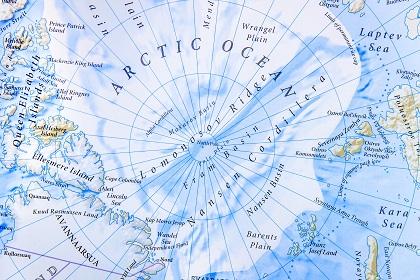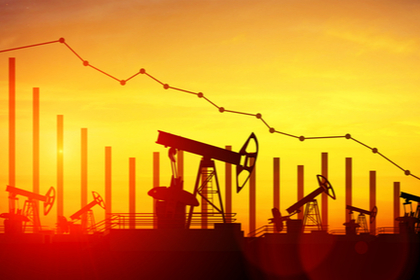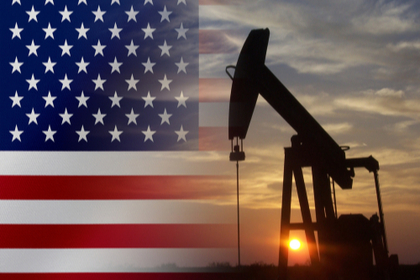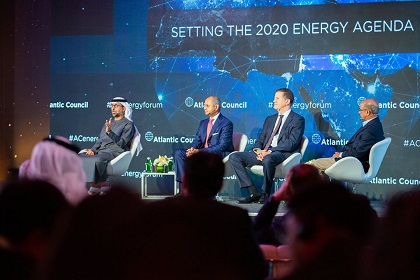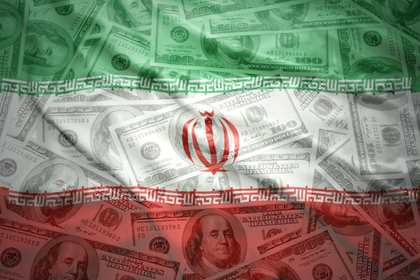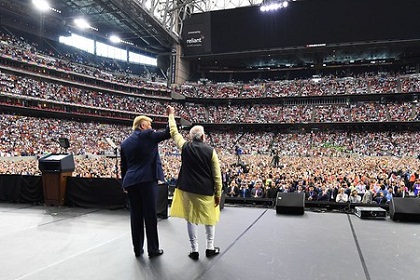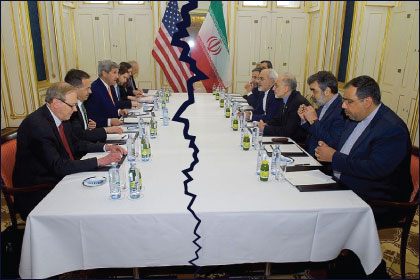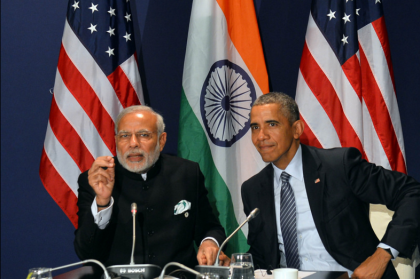India at the Arctic Council
India has had big successes during its first stint as an observer in the Arctic Council. Since then, the country has made substantial progress in its climate action pledges and developed comprehensive strategies to mitigate climate change. With its re-election, India can now offer much more to the global organisation's role in promoting environmental stability in the polar region.

